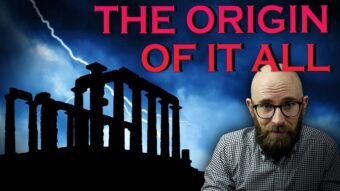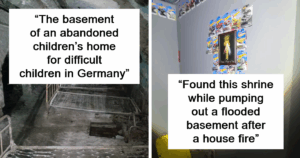“Unraveling the Mysteries: What Sparked the Dawn of Ancient Greece?”
Whatever the case, this crisis affected the entire Mediterranean, meaning that Myceneans and their neighbors could not trade as their civilizations burned around them. The chaos of the bronze age collapse disrupted the Mycenean trade infrastructure and their trade partners. The supplies the Myceneans required for their civilization such as Bronze dried up. The valued structures, massive walls, expensive weapons, elaborate funerary culture, and bronze artifacts the Myceneans were known for became materially unfeasible. Settlements larger than 200 people would become unheard of for centuries. This was the dark age, and it saw a monumental shift in how the Greeks lived.
Without trade, the elite class disappeared. With the shrinking population and settlement sizes, Greeceâs class system became simple. You had villages that normally didnât exceed 200 people, usually a handful of families. Each family had an inherited plot of land that was to be passed down from father to son. There were also people who didnât own land, and they usually worked for those that did, but that number was lower early in the dark age. The Wanax became a local chief. The collection of villages made up a region, or demos. This demos had a head chief, who earned the position by being the most powerful village chief. They met in a council and decided on policies of the demos. There was no distinction between chiefs and sub chiefs, all were given the same designation. In fact, as a sort of proto-democracy, if the sub chiefs decided on a policy or decided to ignore the chiefâs orders in a battle, the chief had to go along with the majority. That said, chiefs, no matter their level in the demos, lived in a house that wasnât all that different from the other villagers, albeit often slightly bigger, but not much. At this point, society wasnât as divided by class.











